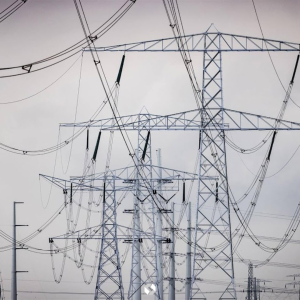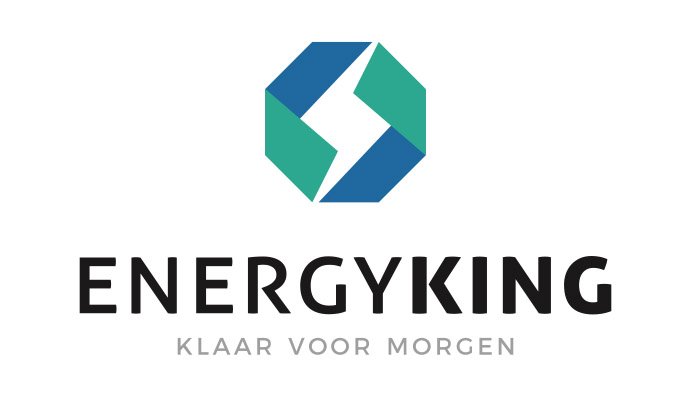An ominous shadow is casting over Europe's power grid: experts warn of a large-scale cyber threat to solar installations. Could China, with its technological edge, be capable of taking down Europe's electricity system?
The vulnerability of the European power grid
Europe is embracing solar energy with open arms, with millions of solar panels shining on rooftops across the continent. However, this progress also brings new risks. Inverters are now proving to be a potential Achilles heel. They are the important links in the process of converting sunlight into usable electricity. The fact that these inverters are often connected to the Internet opens the door to cyber threats.
Cyber Attack: The Invisible Enemy
In the modern world, a massive blackout is a nightmare that can become all too real. A cyber attack would make it possible to remotely shut down solar installations. This includes millions of small power plants scattered across European rooftops. Moreover, this doomsday scenario is exacerbated by the fact that many of these inverters are Chinese-made, giving the threat a geopolitical dimension.
China's Role and Technological Dominance
China is in a unique position when it comes to this potentially devastating cyber threat. With a significant market share in inverter manufacturing, the country has the technological power to carry out large-scale attacks. The scenario in which China shuts down multiple inverters simultaneously on a sunny day, enveloping Europe in darkness, is already technically possible.
The Consequences of a Blackout
A massive blackout would have major consequences for our modern society. However, not only households and businesses would be left without power, but also vital infrastructure such as hospitals, transportation networks and communication systems would be severely affected. In short, the economic damage and human suffering would be significant.
Preventive Measures and Resilience
How can we protect against this threat? Preventive measures are critical. Stricter security standards for inverters, investment in cybersecurity infrastructure and international cooperation are just some of the steps that can be taken. Europe must build resilience against potential cyberattacks and act proactively to reduce system vulnerabilities.
Conclusion: Vigilance in a Changing World
As Europe continues to pursue renewable energy sources, we must be aware of the downside of progress. In short, the threat of a large-scale cyber attack on solar energy is real and requires vigilance and action. It is not only a technological challenge, but also an issue of geopolitical relations and the security of our society. In the rapidly evolving world of energy production, we must keep our eyes open to the hidden risks that threaten our electricity system.





